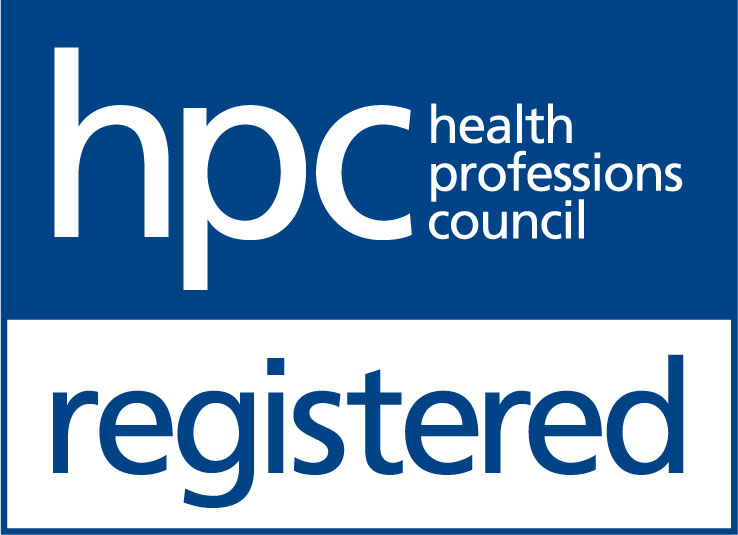As Physiotherapists who specialise in falls prevention, we look at all factors that may increase someone’s risk of falling. Details of how physical changes to your strength and balance can have an impact on your mobility can be found here. In this post we will look at other medical issues that can contribute to your risk of falling.
Falls are usually caused by a combination of factors. A Physiotherapist can play a key role in helping to identify and modify those risk factors. Key medical issues that can increase your risk are…
Dizziness and feeling lightheaded
This is normally not a sign of anything serious but should be checked out. There are a number of potential causes for this including
- Postural hypotension – a drop in blood pressure when standing; this can be caused by a number of issues including blood pressure medication
- Inner ear issues – these can be conditions such a Labrynthitis
- Problems with heart rate of rhythm
- Dehydration
Black outs of loss of consciousness
If you have experienced this you should consult your doctor. It can be a sign of numerous issues including
- Slow heart rate
- Fast heart rate
- Irregular heart rate
Usually your doctor will do a trace of your heart rhythm, known as an ECG to gather more information
Memory loss
If you have issues with your memory, doing two things at once may become difficult. This means that, for example, focussing attention on walking while talking can be hard, leading to a loss of balance. It can also affect your ability to assess the risk of a situation.
Medications
Several groups of medications can have an affect on your balance. If you take 4 or more medications, discuss with your GP or Pharmacist to see if these could be having an effect on your balance.
Bladder and Bowel
If you have issues with your bladder and bowel that mean that you need to rush to go to the toilet, or find you need to go more frequently at night, this can put you at a greater risk of falls.
A comprehensive falls prevention assessment from a specialist Physiotherapist can help you to identify the above factors and support you in managing them. If you would like to book a home visit with one of our Physiotherapists, get in touch and we can talk about your needs. Alternatively you can read more about our services here.



